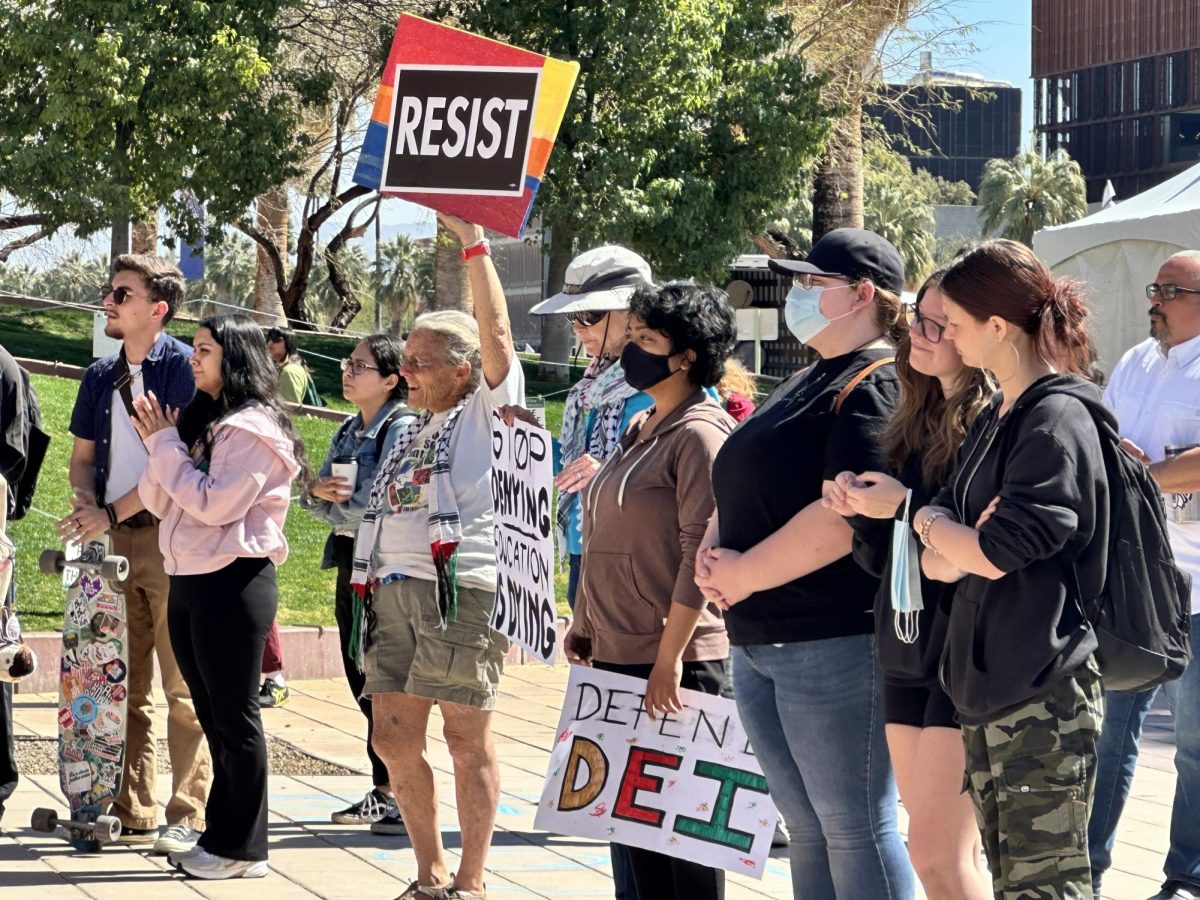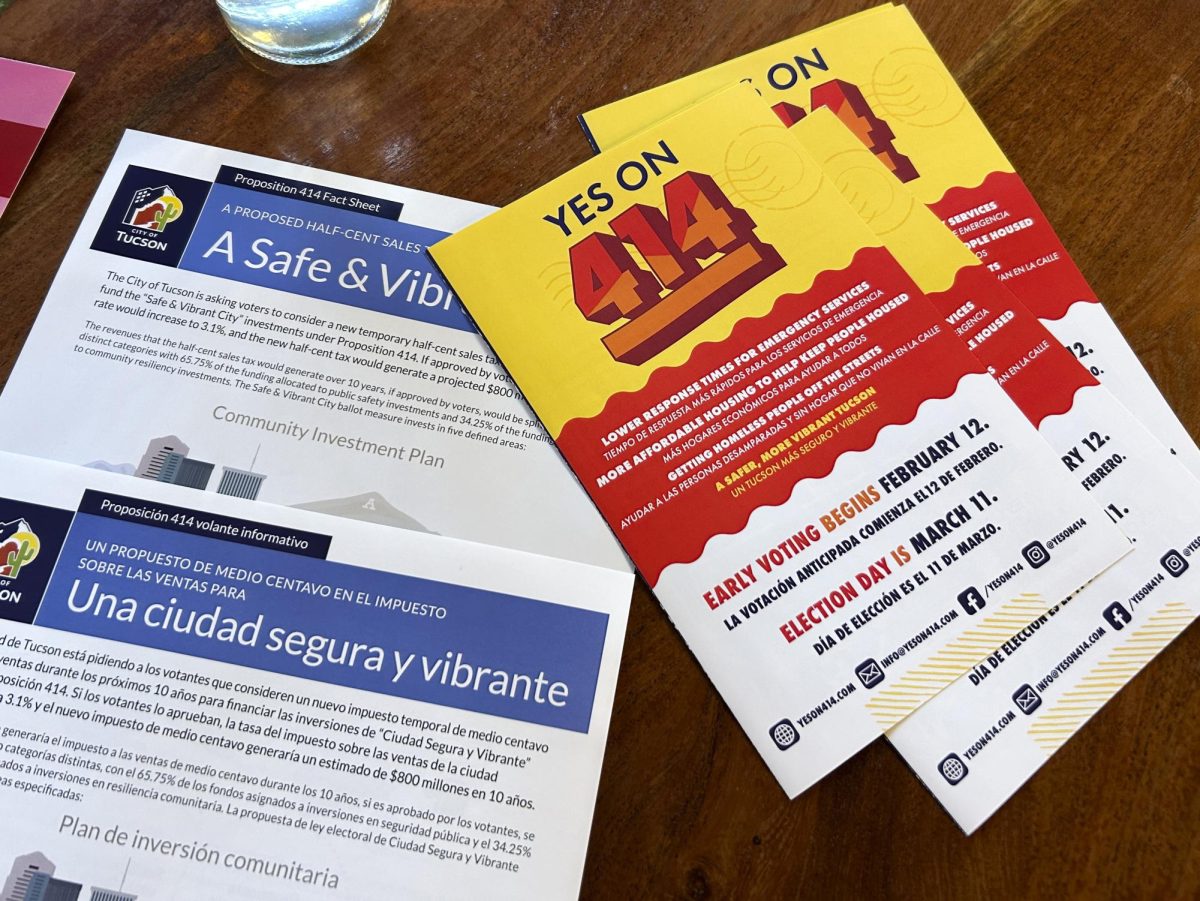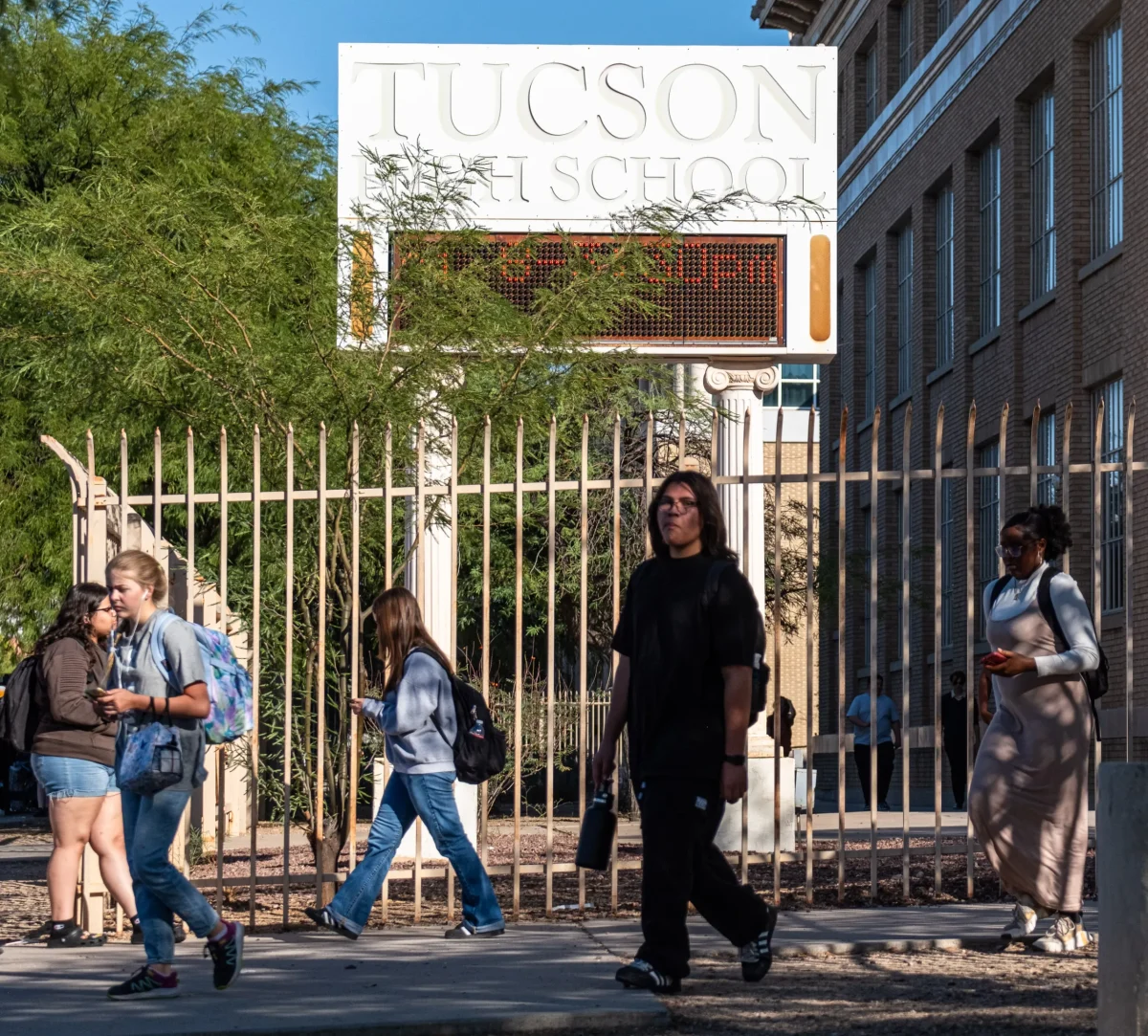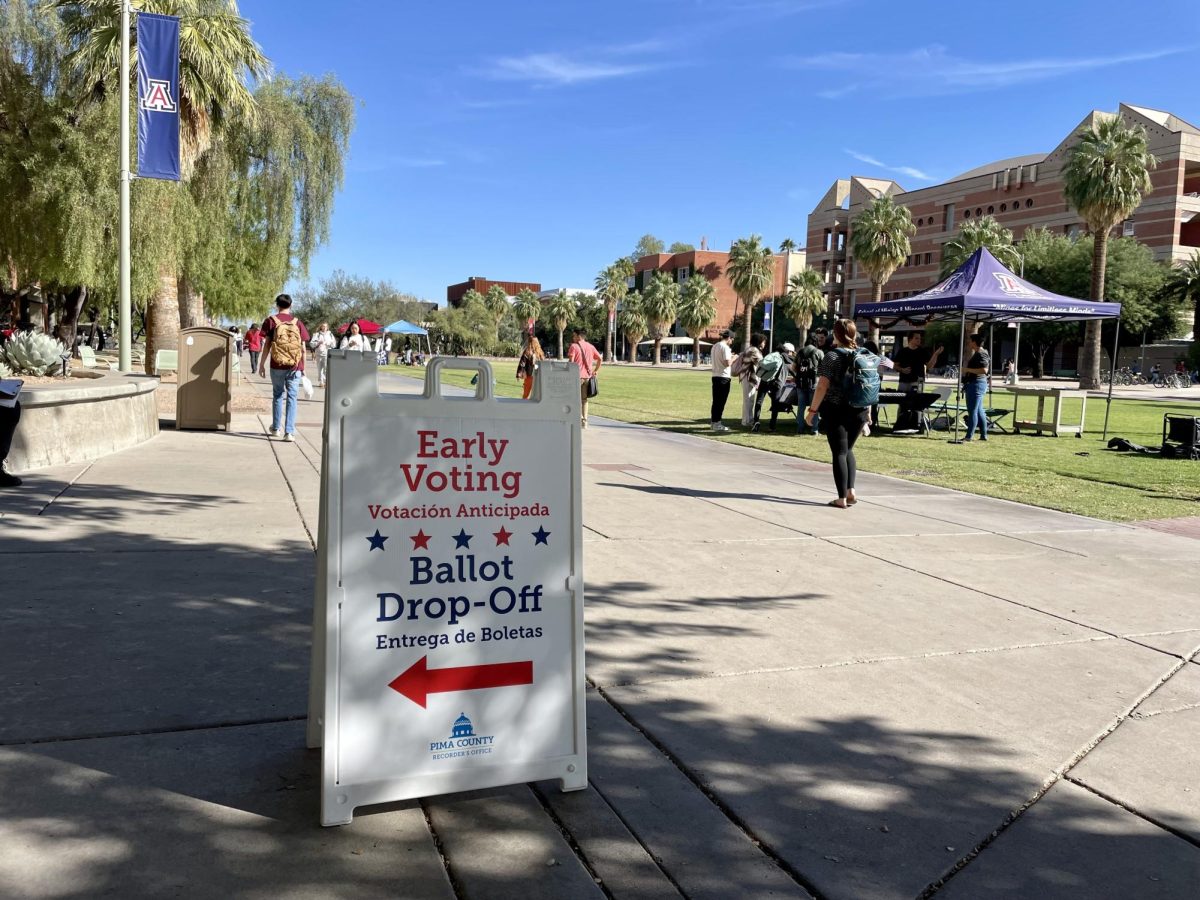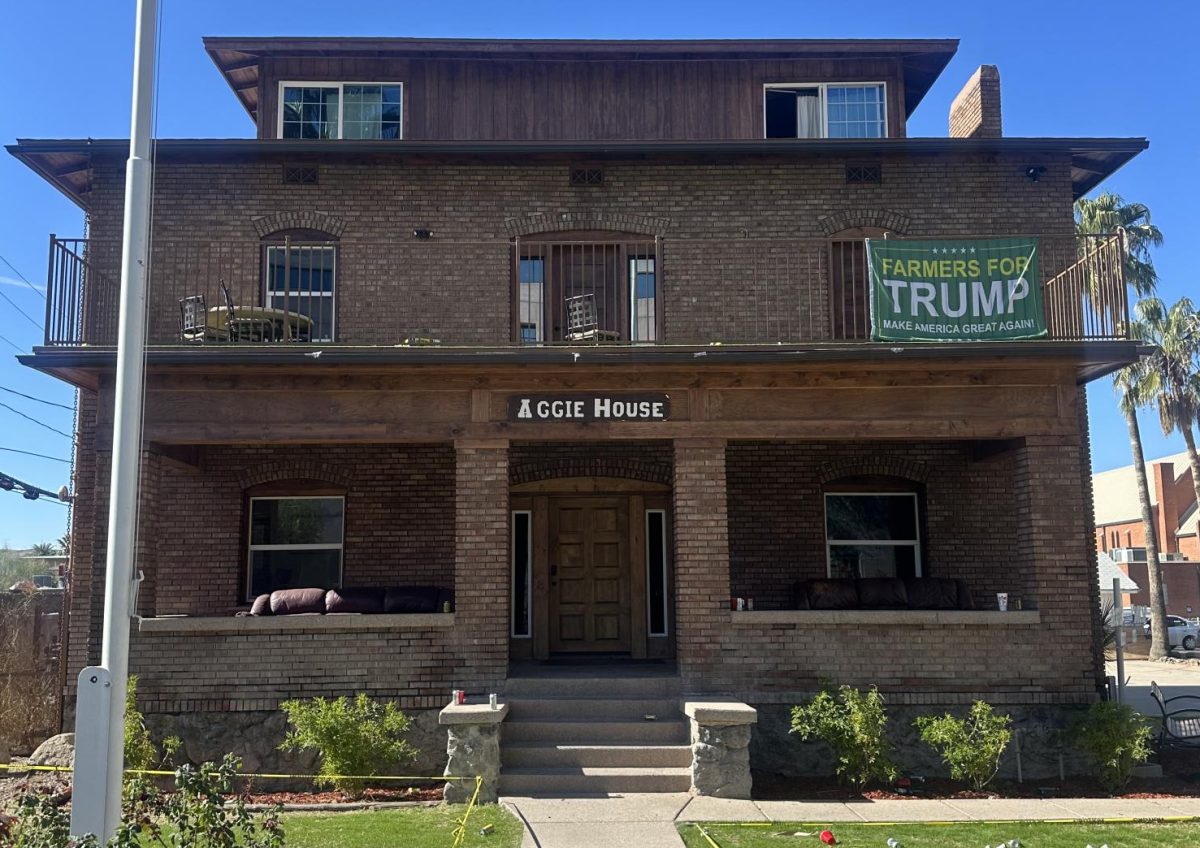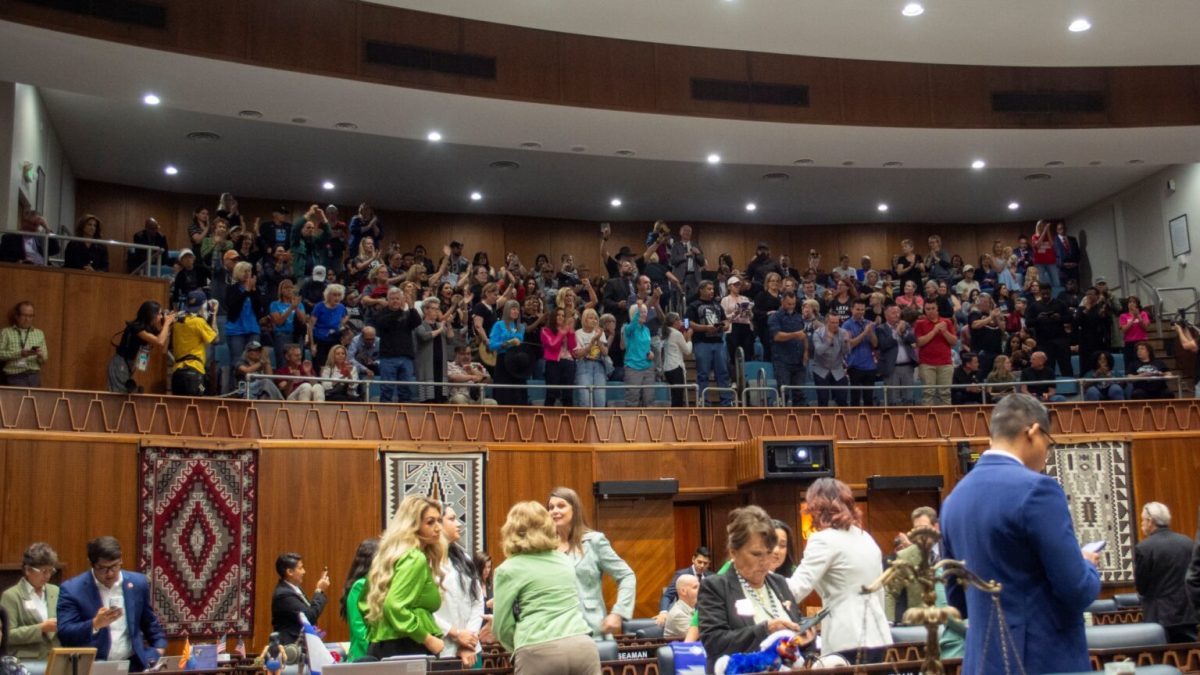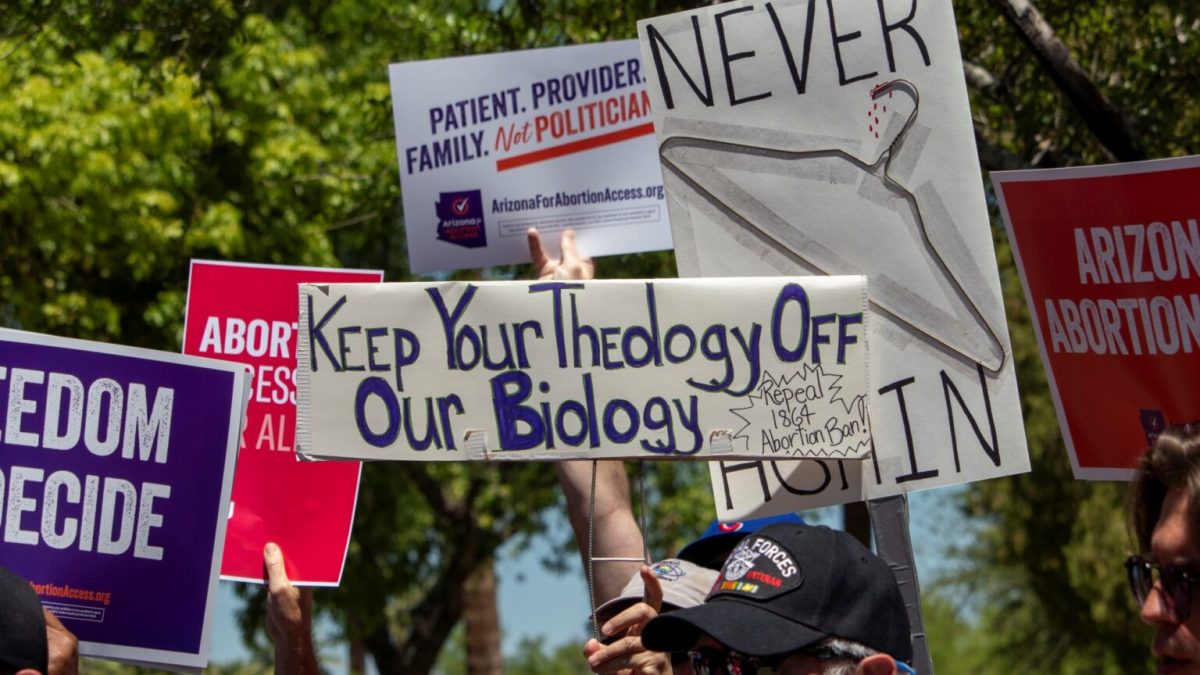Legislators are trying to expand state law to better serve victims of domestic and sexual violence by making it easier for them to their receive police records connected to their cases.
An existing state law allows for a victim, or their attorney, to request free copies of their police reports, video recordings and court proceedings.
But, as Jamie Balson, an attorney at Legal Services for Crime Victims in Arizona, explained to the Senate Judiciary Committee on Feb. 15, that law only pertains to victims of federally classified “part I offenses” such as murder, arson, rape and other severe crimes — leaving other victims responsible for paying for their records and hoping they arrive soon enough for them to take necessary action.
Senate Bill 1371 would change that by adding victims of domestic and sexual violence to the list of those eligible to receive free copies of police reports and recordings. It would also require law enforcement agencies to prioritize their requests over others.
Balson said that the burden of having to pay for these crucial documents weighs heavier on victims of domestic and sexual violence, who may not have the ability to pay for the records that could secure their safety.
“These are people who are often displaced from their home because it is no longer safe for them to return there. They may not have access to money, checkbooks, credit cards or other methods of payment, and may be disproportionately poor,” she said. “But to assert their rights and employ the other laws designed to protect them, they may need that police report — and they may need it quickly.”
Without timely access to those documents, victims may have a hard time filing for certain legal protections from their abusers. For example, in order to obtain a protective order, the City of Phoenix requires past or present court proceedings between the victim and the alleged abuser.
“Having the police officer’s account of the incident can mean the difference between getting a protective order and not,” Balson said.
Even further, without those records, victims are unable to take advantage of Arizona’s early lease termination law, which is meant to allow for abuse victims to end a lease early without termination fees if they experience domestic or sexual abuse in their homes. But tenants can do so only if they can provide an order of protection, a police report or other official documentation within 30 days of the incident.
Rep. Charles Lucking, D-Phoenix, is an attorney who represents tenants in eviction cases, and he said he has seen tenants in this exact situation. As he encouraged his fellow lawmakers to support SB1371 during the House Military Affairs and Public Safety Committee hearing on Monday, he said free access to police records would make it easier for these victims to vacate dangerous living situations.
“Leases have clauses that protect (victim tenants), but very frequently landlords will ignore these clauses in the hopes that the tenants don’t have the money or the time or the resources to bring them to court,” Lucking said. “In a situation where a tenant would have free access to the police report, that would give them a really big tool in their toolbox to protect their rights.”
Initially, Balson said there was concern from law enforcement groups over the original language of the bill, which said that the records requests of these victims must be satisfied within 14 days. But an amended version of the bill, which just states that law enforcement agencies “shall prioritize” these cases over others, managed to win them over. The Arizona Association of Chiefs of Police is the only law enforcement organization to register a position on the bill; it has signed on as neutral.
However, Democratic Sen. Anna Hernandez said that she hopes that the original timeframe will be reconsidered.
“I think this is a great bill,” Hernandez said. “I liked the original version better with the 14-day (timeframe), and I find it a little concerning that there was push back around keeping a 14-day verbiage after the request is made. But I think this is a good start.”
SB1371 received unanimous support from committees in both the House and Senate, and passed through the Senate on a 26-2 vote. It now heads to the full House of Representatives for consideration.
This story was originally published in AZ Mirror.



